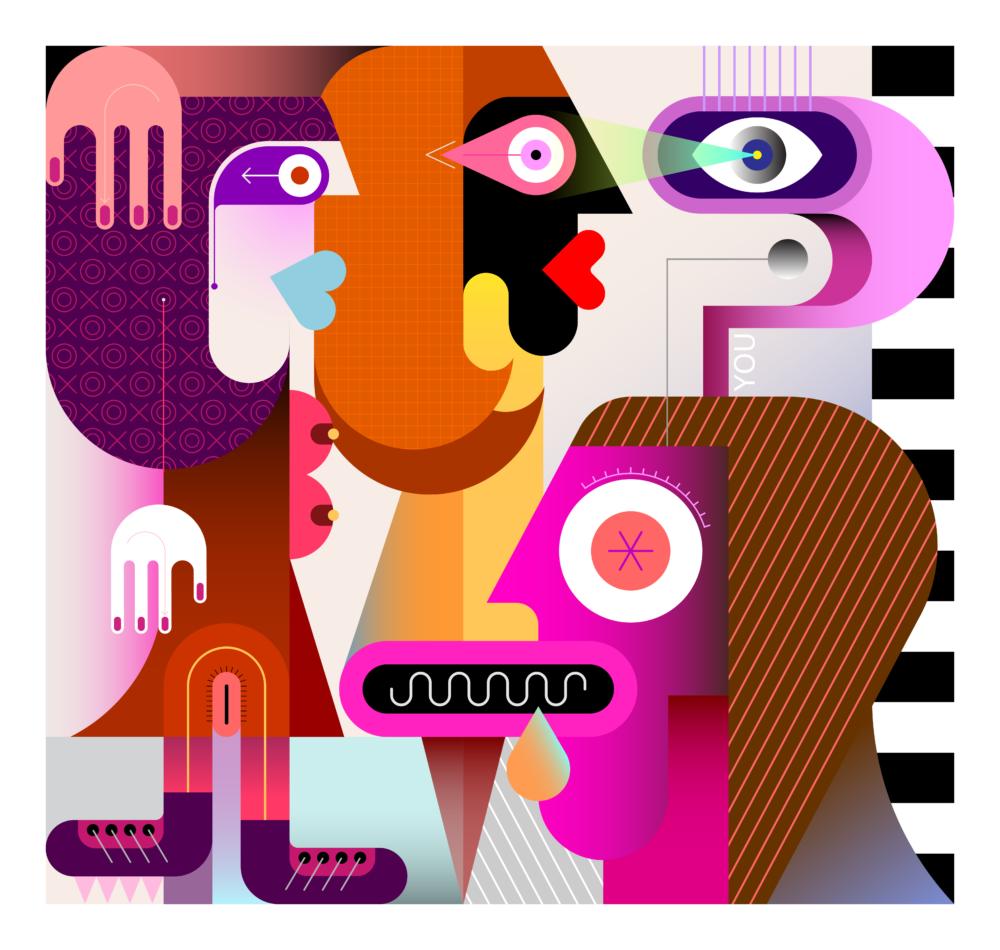The term “libido” is often associated with sexual desire, but its roots in Sigmund Freud‘s psychoanalytic theory reveal a deeper meaning. In this article, we’ll explore Freud’s concept of libido, its origins, development, and role in understanding human behaviour.
1. What is Freud’s concept of libido?
Libido, according to Freud, represents the energy of life instincts. This term, rooted in Latin meaning “desire” or “lust,” extends beyond mere sexual urges to include the fundamental drive that fuels various human activities. Freud saw libido as the life force that motivates not only sexual behaviours but also actions essential for survival, such as eating and socializing.
2. Mind Libido and Freud
In Freud’s model, the mind comprises the id, ego, and superego. Each interacts with the libido in distinct ways:
- Id: The primal source of libido, driven by the pleasure principle, seeking immediate satisfaction.
- Ego: Manages the id’s desires with the reality principle, balancing immediate pleasure and societal norms.
- Superego: Represents internalized morals and ethics, often in conflict with the id’s impulses.
In this structure, libido is the driving force behind the id’s desires, which the ego and superego regulate.
3. Stages of Psychosexual Development, and Freud’s concept of libido
Freud identified five stages in psychosexual development, each marked by the focus of libido on different body zones:
- Oral Stage (0-1 year): Pleasure through the mouth (e.g., sucking, biting).
- Anal Stage (1-3 years): Focus on bowel and bladder control.
- Phallic Stage (3-6 years): Libido centres on the genitals; children navigate complex feelings.
- Latency Stage (6-puberty): Sexual feelings become dormant, with energy directed to social and intellectual growth.
- Genital Stage (puberty onwards): Maturation of sexual interests.
Challenges in any stage can lead to fixations, impacting adult personality.
4. Evolution of Freud’s Concept of Libido
Freud’s ideas about libido evolved, leading him to introduce the concept of the “death instinct” (Thanatos), which contrasts with the life instincts (Eros) powered by libido. This addition highlights the complex interplay between forces driving life-sustaining behaviours and those leaning toward aggression and self-destruction.
5. Modern Interpretations of Libido
While Freud’s theories have been updated, the idea of libido remains relevant. Today, it is often viewed more broadly, encompassing not just sexual desire but also a general drive for satisfaction and personal fulfilment.
6. Implications of Libido for Understanding Behavior
Freud’s concept of libido provides valuable insights into the motivations behind human actions. Whether in seeking pleasure, forming relationships, or pursuing goals, libido is seen as a fundamental driver. This understanding helps decipher various aspects of human behaviour, from personal development to social dynamics.
Conclusion
Freud’s concept of libido is a cornerstone of psychoanalytic theory, offering a perspective on the forces driving human motivation. Though interpretations have evolved, the notion of a basic life force influencing behaviour remains influential. Understanding libido enhances our appreciation of the dynamics shaping human actions and relationships.
Ready to begin? Start your online therapy journey today. Book your first session now.




